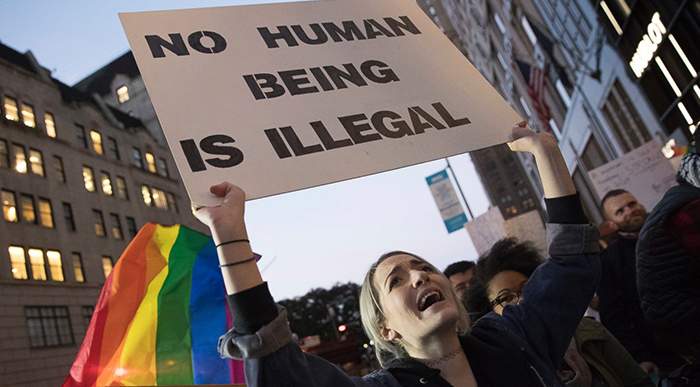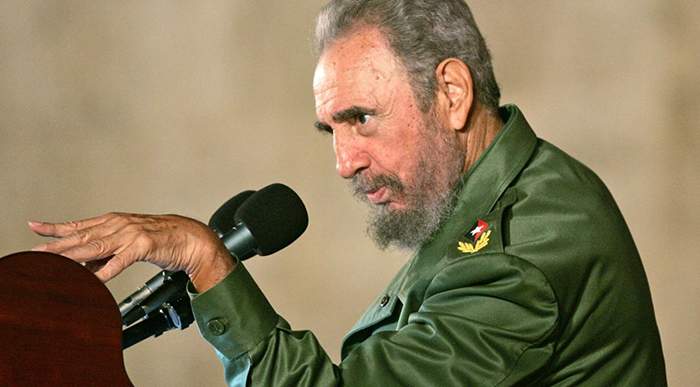It may still be years before legal weed is available in the Empire State, but one New York mayor is already planning to share pot profits with his city’s most disadvantaged residents.
Malik Evans, mayor-elect of Rochester, recently announced plans to use cannabis tax revenue to fund a universal basic income plan. The city actually already has a basic income pilot plan in place, granting $500 a month to 175 families that live at or below the federal poverty level. But this current program is funded by the federal government, and Evans believes that legal weed tax revenue would be a stronger, more sustainable source of funding.
The switch from federal funding to local weed tax income would also allow Rochester to expand the program to include up to 1,000 families. The city’s current mayor, Lovely Warren, also proposed a similar plan to use weed taxes to fund a reparations-based income program, but she will leave office long before adult-use sales will begin. Although New York’s adult-use law took effect this April, regulators have already delayed the start date of legal sales until late 2023 at the earliest.
The state’s new adult-use law allows individual towns and cities to opt out of allowing legal weed shops or consumption clubs to open in their jurisdictions, and over 400 municipalities have chosen to do so. Evans has chosen to opt in, though, making Rochester one of only four cities in Monroe County to do so. Last week, the mayor-elect created a city commission tasked with making sure that Rochester is ready to start selling weed on the very first day that state regulators authorize sales.
“While there are still many outstanding questions regarding licensing and other matters, Rochester must be prepared with local regulations and a business plan for working with cannabis-related businesses,” Evans said in a statement, according to Spectrum News.
Evans believes that legal cannabis will help Rochester’s minority communities recover from the injustices of the War on Drugs. According to a 2019 study by 24/7 Wall Street, 34 percent of Black Rochester residents live in poverty, compared to 8 percent of its white residents. And, like the rest of the US, the city’s Black residents were arrested for weed far more often than white people. In addition to prison time and fines, these arrests leave convicts burdened with criminal records that block them from employment, housing, and education.
“Community folks told me, ‘this is a big source of revenue, and Black and brown people are prosecuted worse than others because of marijuana,'” Evans told Business Insider. The new mayor believes that the legal weed industry has “the potential to make millions of dollars,” though, and “everyone wants to start a marijuana business in Rochester.”
In addition to bringing basic income to the city’s most disadvantaged residents, the cannabis industry will also bring new jobs and revenue to the city at large. The new mayor has tasked the city’s new cannabis preparation committee with finding ways to ensure social equity when licensing new legal weed businesses.
“There are things we can learn that we want to do,” said Evans, Spectrum News reports. “And things we want to make sure we absolutely do not do. We want to make sure that this is available to folks in the community. As it relates to an entrepreneurial perspective. If people are left out especially in the black and brown communities we will have missed an opportunity.”











